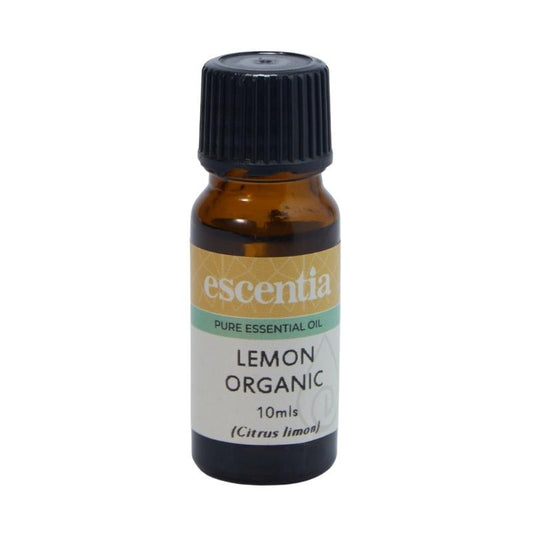
Recommended Essential Oils for Peripheral Neuropathy
Aiden Van WykWhat Is Peripheral Neuropathy?
Peripheral neuropathy is, simply put, damage caused to the nerve ends of feet, hands and legs. It is often associated with diabetes but it may be caused by physical trauma, diet, alcoholism, cancer or vitamin deficiency.
Symptoms vary from numbness to tingling to burning or sharp unrelenting pain. The following essential oils may help with symptomatic relief for neuropathy sufferers and, in some cases, even the re-generation of nerve tissue.
Essential Oils for Symptomatic Relief
Frankincense
A natural painkiller as it inhibits the production of key inflammatory molecules. Frankincense oil promotes healthy cell regeneration and keeps existing cells and tissues healthy.
Juniper Berry
It helps with aches and pains as it is antispasmodic, anti-rheumatic and anti-arthritic. Also helps to rebuild muscle tone.
Helichrysum
Strong natural inflammatory, antispasmodic, analgesic, nervine. It is often used for tissue pain and repair.
Lavender
Sedative, analgesic, anti-depressant, adaptogenic (increases body's ability to resist stress and to restore normal physiological functioning.) and anti-inflammatory.
Cypress
Antispasmodic, vasoconstrictor, sedative, anti-rheumatic and anti-arthritic.
Marjoram
Anti-inflammatory, antispasmodic. It can reduce anxiety and help people to cope better. It is also useful for muscular aches and pains. Given the pain, stress and depression associated with fibromyalgia and neuropathy, this is a very useful essential oil to add to any massage blend or rub.
Basil Leaf
Analgesic, and provides natural pain relief.
Patchouli
Antidepressant, anti-inflammatory and antiseptic properties (among others!).
Peppermint
Use for headaches, muscular and nerve pain, joint pain and mouth inflammation. It a refrigerant - apply peppermint oil to take the heat out and reduce inflammation.
Geranium
Cytophylactic (promotes cell health, encourages the recycling of dead cells, and the regeneration of new cells), relieves stress and depression and reduces irritation and inflammation.
Wintergreen
Its cortisone-like properties make it a natural analgesic. It is also anti-inflammatory, anti-rheumatic, antiseptic, antispasmodic, and warming (which soothes and helps blood flow). However, you should never use Wintergreen if you may be allergic to aspirin.
















